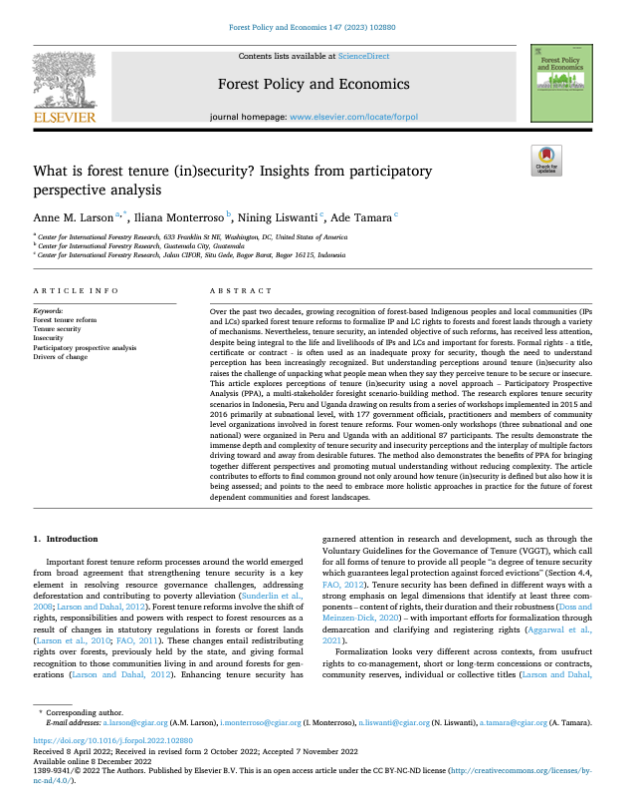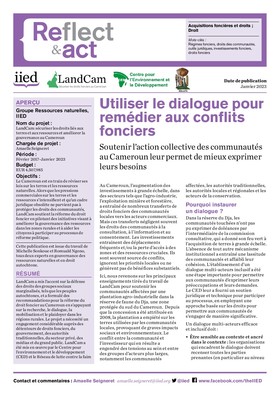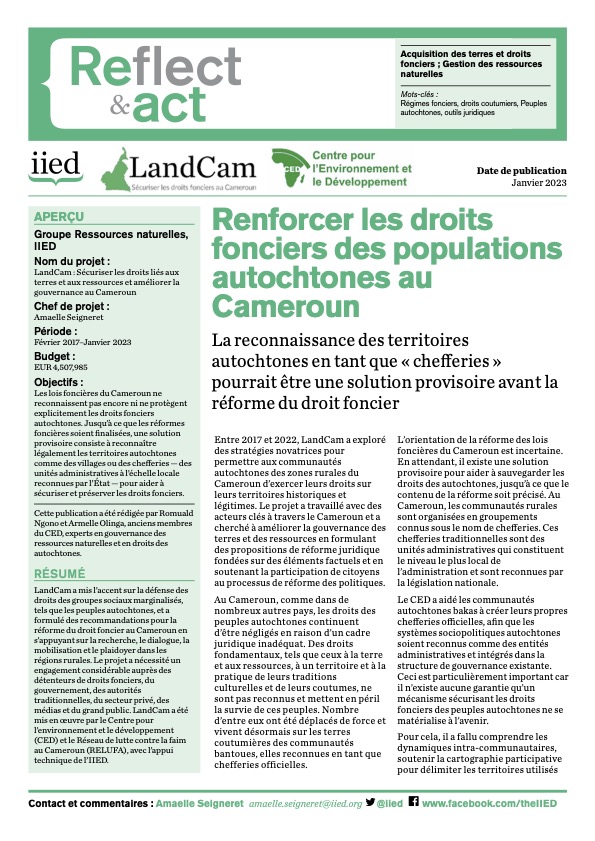‘Glocalizing’ land-use and forest governance in the tropics: examining research partnerships and international forest policies affecting Brazil, DRC and Indonesia
Glocalizing land-use and forest governance implies in advancing equitable research partnerships between institutions in the Global South and Global North, and strengthening a community of practice for critical enquiry and engagement in partnerships for sustainable development. Land-use, climate and forest governance mechanisms must redress power dynamics, and partnership models, and commit to improving well-being and sustainable livelihood outcomes.









